Movies you probably didn’t know were inspired by literary classics
Sonja KneževićSeptember 25, 2025
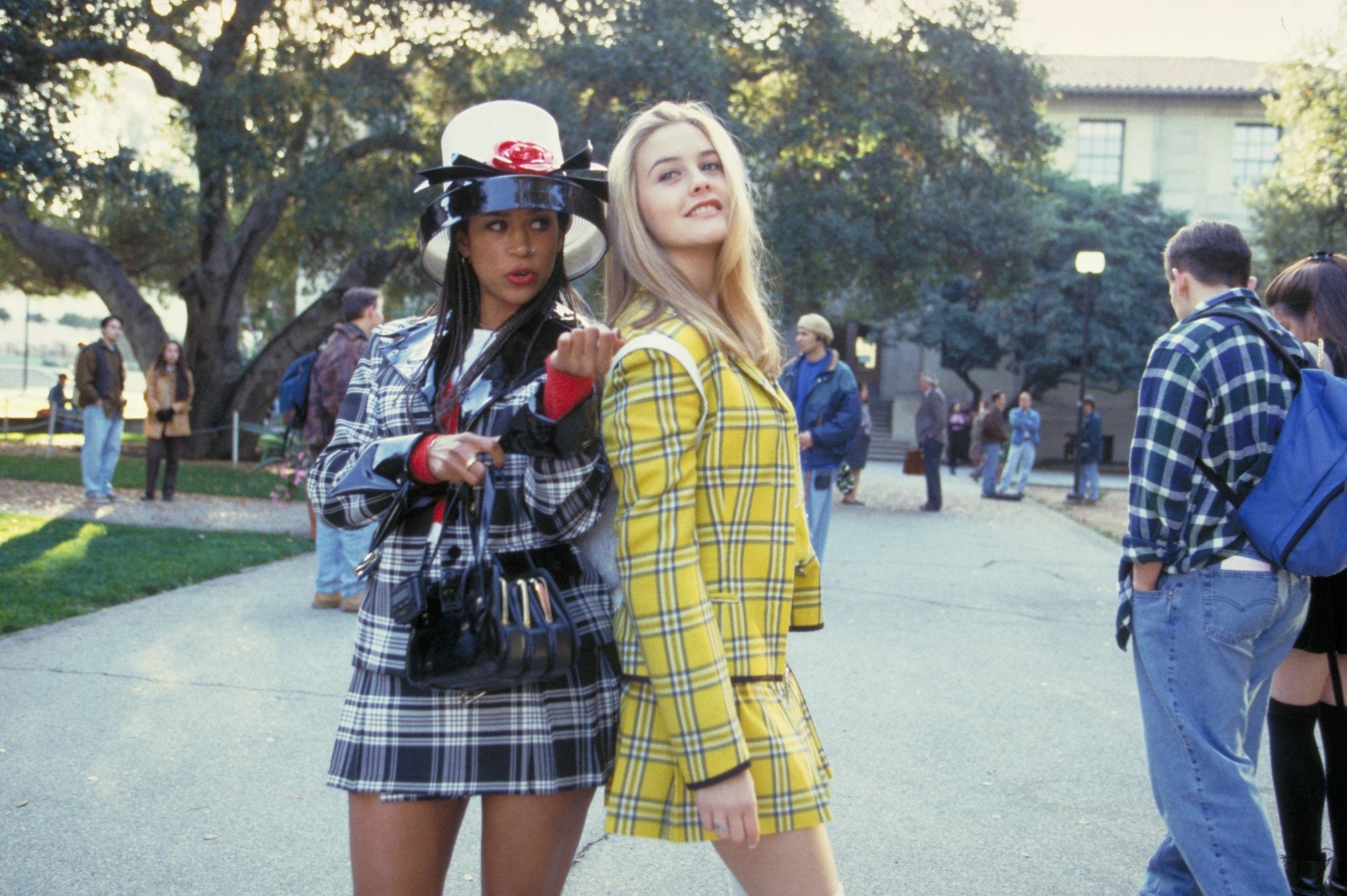
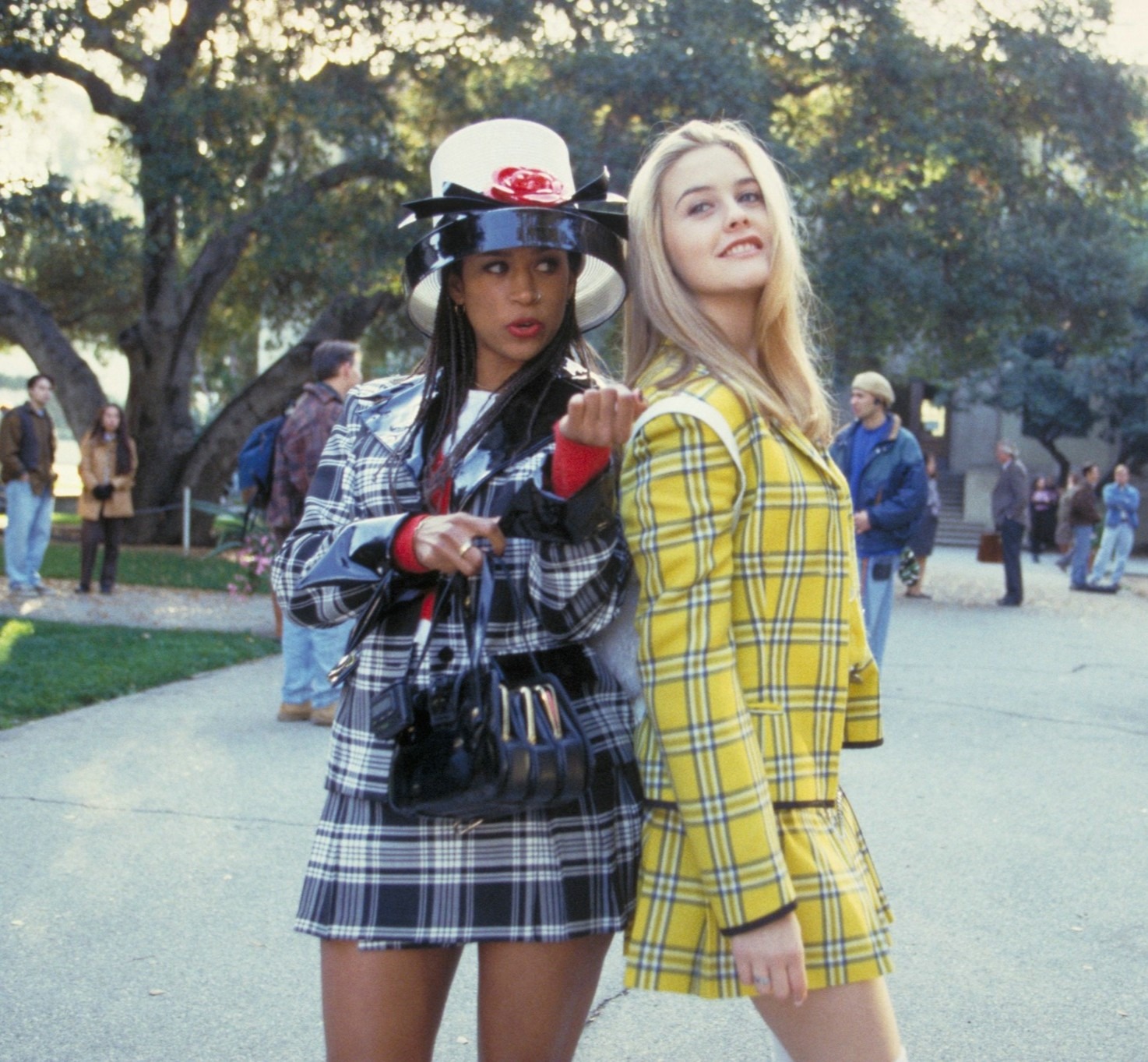
September 25, 2025
My relationship with book-to-film adaptations tends to shift. Sometimes I can’t get enough of a director’s vision, fascinated by how someone else imagined the world of a book I love so deeply. But other times, the interpretation feels so disappointing that I have to pretend the film doesn’t even exist, as if it were some bizarre fantasy or an ugly dream I’ve thankfully woken up from. Whatever we may think of adaptations, the truth is they’ve been around almost as long as cinema itself—and they’ll always have their place. After all, books often provide some of the best foundations for film scripts, and it’s up to filmmakers to do everything they can to create something truly worthwhile.
Right now, I’m eagerly waiting for Frankenstein to hit theaters, since it’s reportedly not just another retelling of the classic novel but an expansion of the original story. I’m also burning with curiosity to see how the new Wuthering Heights will look. Will director Emerald Fennell manage to capture the story’s intensity so that we leave the cinema overwhelmed by the same flood of emotions we felt when reading the book for the first time?
While there are plenty of straightforward adaptations—some excellent, others not so much—there are also well-known films subtly based on literary classics, so much so that you may never have noticed. And trust me, you’ve probably watched some of them more than once. Here’s a list of popular films you (maybe) didn’t know were inspired by famous books.
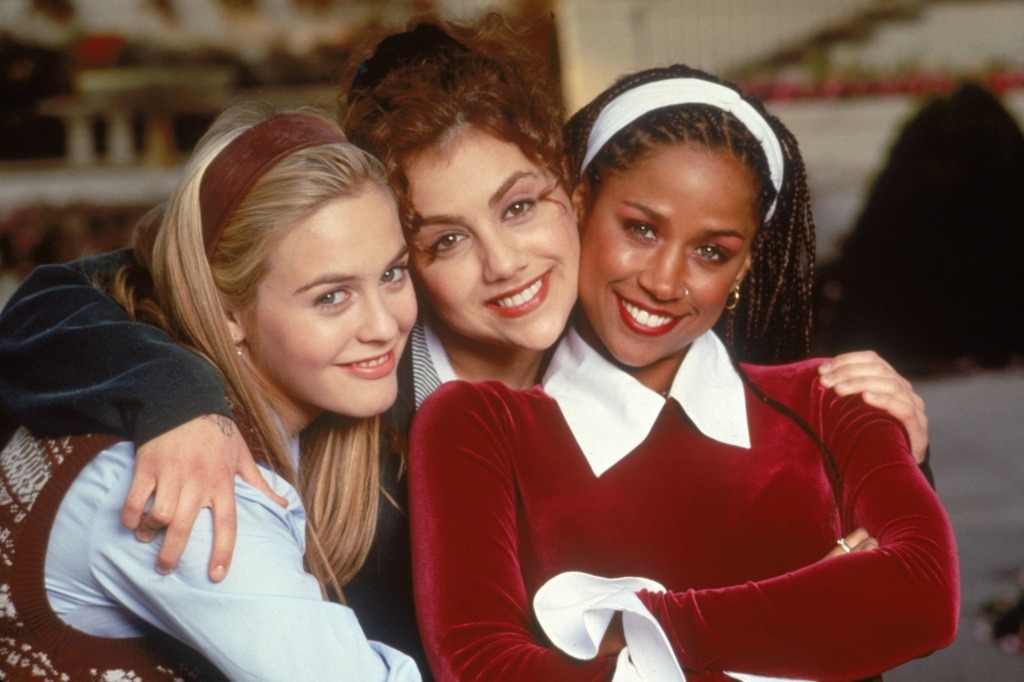
Courtesy of Paramount Home Entertainment
I remember being absolutely shocked when I found out that the hit film Clueless, which follows the life of a spoiled yet incredibly charming teenager named Cher, is actually based on Emma by Jane Austen. Even though I had read the novel, Clueless always felt so fully developed, so independent and modern, that it never crossed my mind the story wasn’t original. But I think that’s exactly where the magic of Jane Austen’s work lies—no matter when you read it, it always feels relevant. Her characters are so complex and realistic that they transcend time and place, growing beyond the very novels in which they were created. Still, once you learn that the movie is based on the book, you can’t help but notice countless similarities, both in Cher’s and Emma’s personalities, and in the story itself.
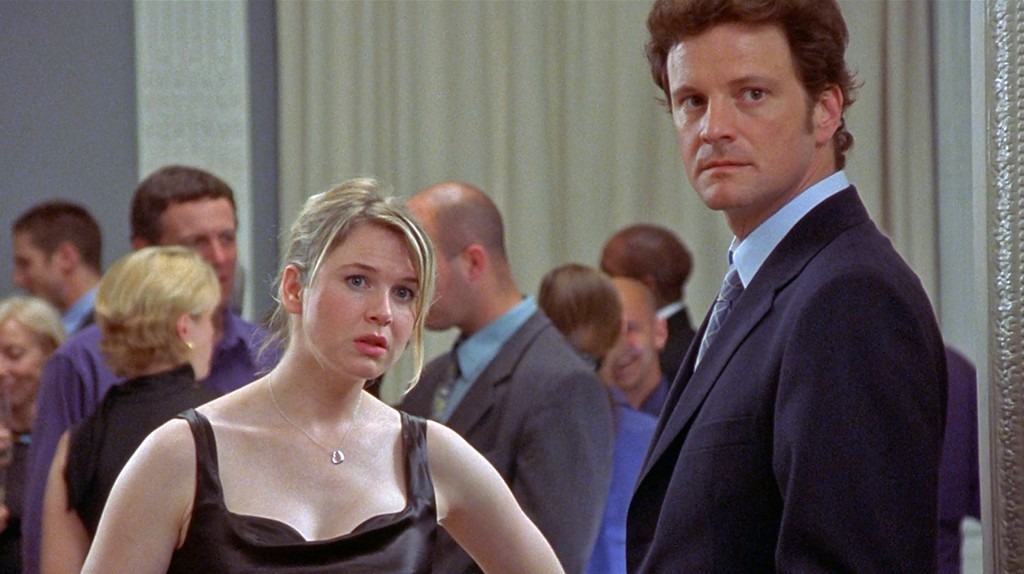
Courtesy of Miramax
I’ll admit, while I had no idea Clueless was based on Emma, I knew right away that Bridget Jones’s Diary drew from Jane Austen’s most famous novel, Pride and Prejudice. In fact, that’s probably why I watched it in the first place. Technically, Bridget Jones’s Diary is based on Helen Fielding’s novel of the same name, but Fielding herself made it clear that she found inspiration in Austen’s classic, reimagining the story in contemporary 1990s London and giving the characters a fresh new life. In many ways, Bridget Jones is a modern-day Elizabeth Bennet—independent, witty, and self-critical, constantly torn between social expectations and her own insecurities. And Mark Darcy—aside from literally sharing the same name—strongly resembles Mr. Darcy: serious, seemingly cold and reserved at first, but ultimately moral and loyal. The fact that Colin Firth plays him only deepens the meta-reference, since he famously portrayed Mr. Darcy in the 1995 Pride and Prejudice adaptation.
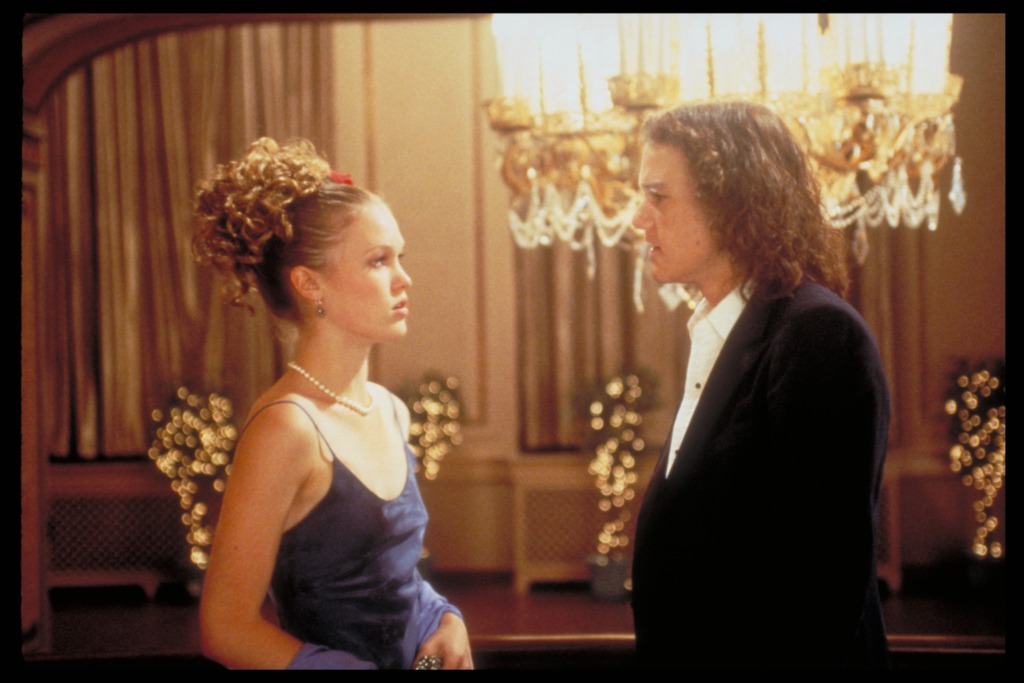
Courtesy of Touchstone Pictures
One of the most iconic romantic comedies, 10 Things I Hate About You, is actually based on William Shakespeare’s play The Taming of the Shrew. In the original comedy, the main character is Katherina (Kate), a young woman known for her sharp tongue and rebellious nature—much like Kat in the film—while Petruchio wagers that he can “tame” her and make her an obedient wife. When it was first written, the play was considered controversial for its exploration of gender roles, power, and marriage—but precisely for that reason, it remains a rich source for reinterpretation today. In 10 Things I Hate About You, the problematic idea of “taming” is given a new meaning, transforming the story into one about mutual respect and partnership rather than control or dominance.
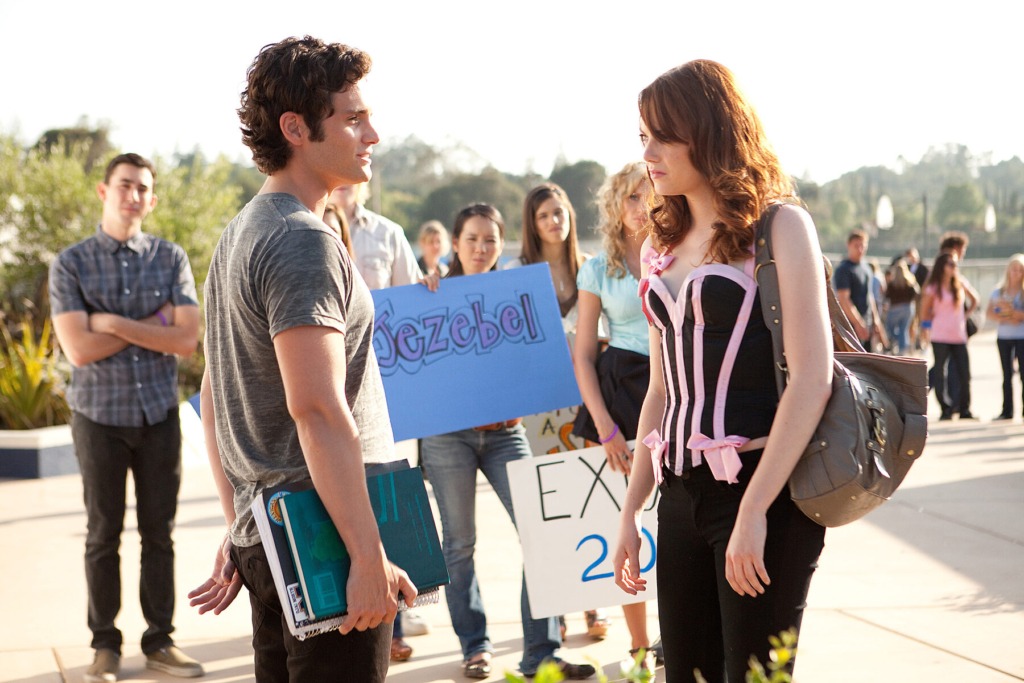
Courtesy of CTMG, Inc.
Another YA classic, Easy A starring Emma Stone, is inspired by the iconic novel The Scarlet Letter. The novel follows Hester Prynne, a woman in Puritan New England who is publicly shamed after giving birth to an illegitimate child. As a symbol of her “sin,” Hester is forced to wear a red letter A (for adulteress) sewn onto her chest. The story explores themes of guilt, morality, judgment, and personal freedom—and Easy A mirrors many of these ideas through its protagonist, Olive. She’s a high school girl who, due to unfounded rumors about her sex life, gains a reputation as the “easy girl.” Instead of running from the label, Olive embraces it with irony, sewing a red A onto her own clothes. In one of the film’s clever touches, Olive even discusses The Scarlet Letter in her literature class, making the film’s literary roots completely intentional.
Cruel Intentions is another hit film from the nineties that recently got a (not-so-successful) TV adaptation. Clearly, the characters we loved thirty years ago are still just as relevant and fascinating. However, their story actually dates back centuries, as the film is based on the 1782 novel Les Liaisons dangereuses (Dangerous Liaisons). The novel depicts the lives of the French aristocracy before the Revolution, where intrigue, manipulation, and seduction are used as weapons in games of power and revenge, leading inevitably to moral downfall and tragedy. In contrast, the film transposes this story from 18th-century France to the elite private schools of New York City—very Gossip Girl-style. We follow spoiled, wealthy teenagers from the Upper East Side, but the dynamics of power, deceit, and emotional manipulation remain strikingly true to the original work.
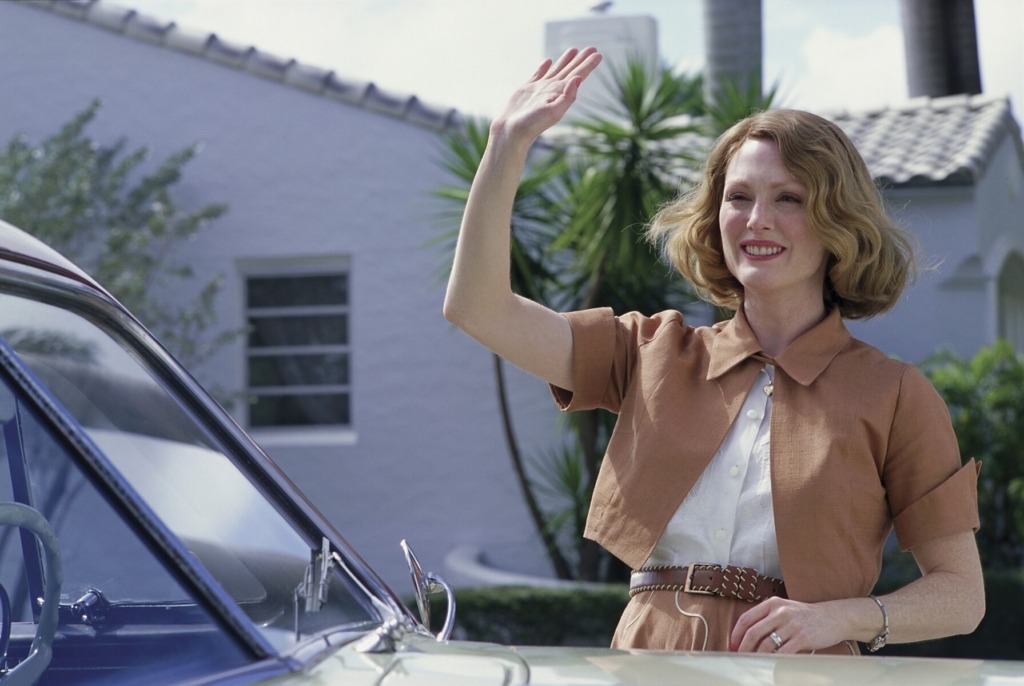
Courtesy of Paramount Pictures
Like Bridget Jones’s Diary, The Hours is a film born from a layered adaptation—it’s based on a novel that was itself inspired by Virginia Woolf’s Mrs. Dalloway. In Woolf’s classic, the story unfolds over the course of a single day in London as we follow Clarissa Dalloway preparing for a party, while themes of time, death, and identity run quietly beneath the surface. Michael Cunningham’s novel The Hours is both a homage to Woolf’s structure and a modern reflection on her ideas. Its title even comes from the original working title Woolf had for Mrs. Dalloway. The 2002 film brought together a remarkable cast: Nicole Kidman as Virginia Woolf (a role that earned her an Oscar), Julianne Moore as a 1950s housewife reading Mrs. Dalloway while questioning her marriage and existence, and Meryl Streep as Clarissa Vaughan, a modern echo of Mrs. Dalloway, planning a party for her friend—a writer living with AIDS.